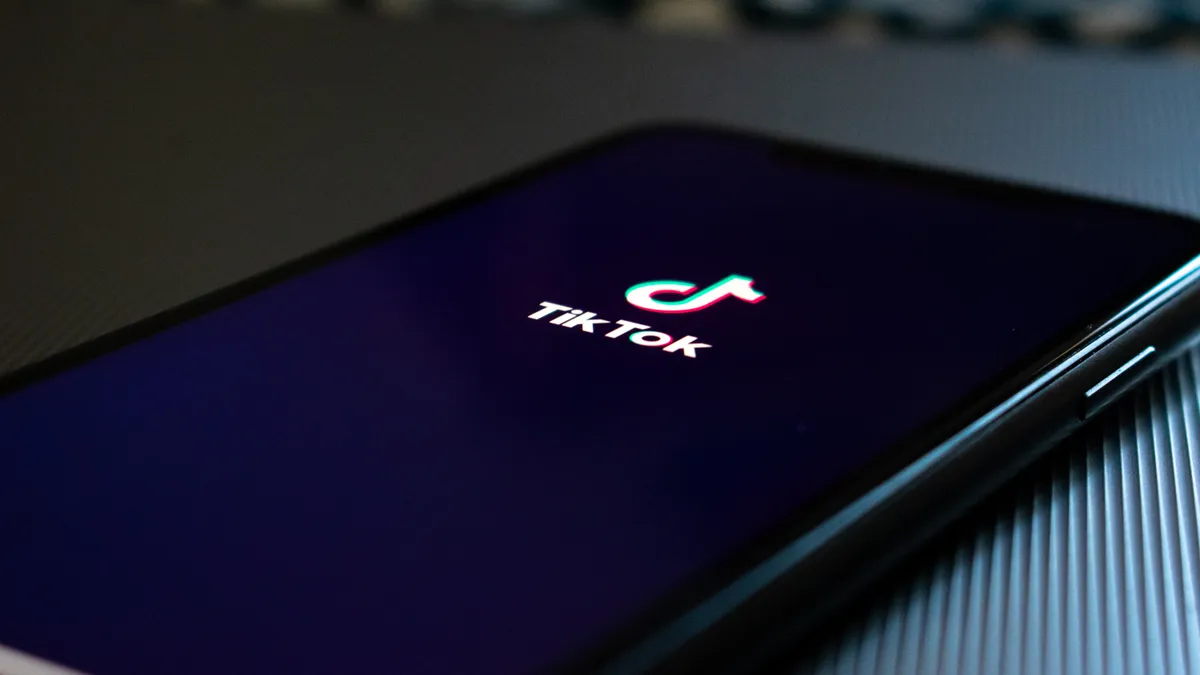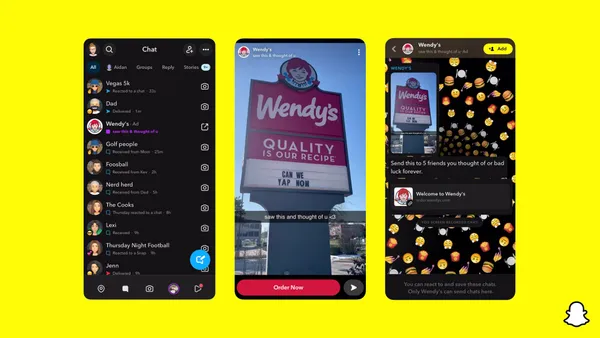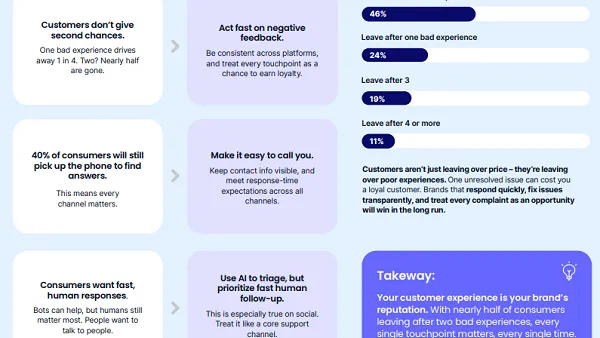Brief:
- TikTok, the social video app made by Chinese tech giant ByteDance, last year boosted its revenue more than fivefold to $177 million as downloads rose 13% to 738 million, according to researcher Sensor Tower. TikTok was the second-most downloaded app after Facebook's WhatsApp, the messaging app that hit 849 million installs in 2019.
- TikTok's lifetime downloads reached 1.65 billion, making it one of the most popular apps in the world. The pace of TikTok downloads accelerated during the year, rising 6% to 219 million in Q4 from a year earlier.
- The app was especially popular in India, where mobile users installed TikTok 323 million times, or 44% of the global total. China was TikTok's second-biggest market with 52 million downloads, followed by the U.S. with 46 million. Sensor Data tracks download activity from Apple's App Store and Google Play.
Insight:
Sensor Tower's data suggests that the TikTok juggernaut shows little sign of losing momentum, opening a new platform for mobile marketers that seek to reach a younger audience whose first experience with social media is more likely to include TikTok's vast trove of viral videos. TikTok's lifetime downloads of 1.65 billion suggest that the app may reach market saturation in the next two years, if the total user base of 2.45 billion for Facebook's apps is any guide.
TikTok is somewhat unusual among social media apps with revenue derived directly from users who buy digital coins to pay tips to their favorite video creators. TikTok's revenue reached $176.9 million last year, and in-app revenue can help to support the app while it builds out the infrastructure to support targeted advertising, a key feature of other social media platforms like Facebook, Instagram, Pinterest, Snapchat and Twitter. TikTok is still a nascent platform that has lured interest from advertisers like American Eagle Outfitters, Chipotle, Ralph Lauren, Uniqlo and Walmart.
Sensor Tower's data also indicates that TikTok is especially popular in emerging markets like India, where the app overcame a short-term ban because of regulatory concerns about inappropriate content for children. At the time, Sensor Tower estimated that the temporary ban had cost TikTok more than 15 million downloads. The researcher's latest data indicates that TikTok quickly made up for the loss with its 323 million downloads during the year.














